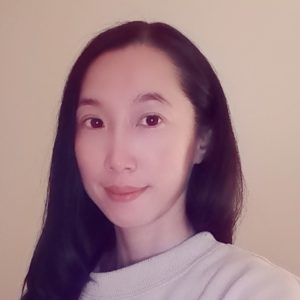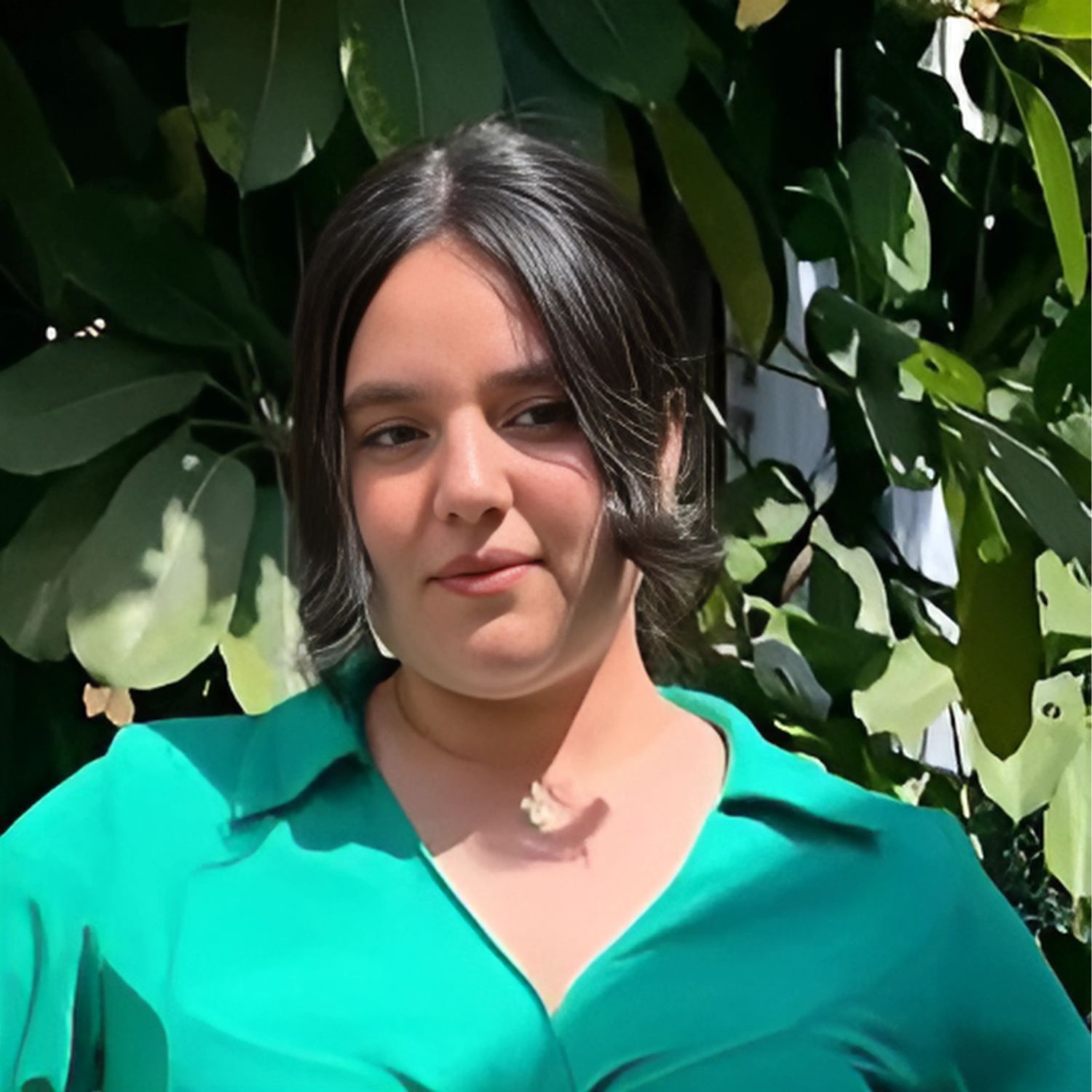
Student Spotlight: Fei Shan MA’23
Meet Fei Shan from MA'23 and her journey at DRBU!
Name: Fei Shan
Cohort: MA 2023
Hometown: Kuala Lumpur
What were you doing before DRBU?
I was running an online project, a spin-off from my family business, after resigning from my high-flying job in the corporate world. Previously, I was a partner, author, and investment coach of an investor network in an investment public-listed company based in Singapore. But life in the fast lane did not give me much gratification; so I started looking for a more meaningful way to live my life. Two years after I took the Three Refuges, a Dharma Master whom I met at the DRBA Penang branch introduced me to some programs offered by CTTB. That was how I found out about DRBU before I decided to enroll in the MA program.
What is an influential book that blew your mind?
The Surangama Sutra had a tremendous transformational power over my outlook that I began undertaking my spiritual practice and a pure diet. It was the first Sutra that I picked up to read when I first encountered Buddhism in the mid-year of 2016.
Can you tell us the title of a recent paper? What is it about? What is it really about?
“The Evolution and Spirituality in Capitalism: Is there Room for Buddhist Ethics?”
This paper is about an exploration of the evolution of capitalism since Marx’s Manifesto of the Communist Party, whether it can stand the threats of its own over time, and what room is there for Buddhist Ethics as the basis of morality in capitalism in the spiritual sense. It is really about an understanding of the imminent need of a sustainable model of living in today’s global capitalist world, and finding that solution in Buddhism.
How has DRBU changed you? Are there any surprising things you learned or challenges you faced?
DRBU has helped me to become a better version of myself. The shared inquiry method in class is a wonderful way to learn about oneself as one’s interaction with others in the cohort is also a reflection of oneself. Cultural differences can be a challenge for a big group of people from diverse backgrounds coming together to learn. For example, one simple harmless word in one culture can have an opposite meaning in the other culture. There are times when language fails us because there are no better words that can truly express the meaning of the Dharma. That is when humility, mutual respect, and the practice of deep listening come into play. But, most importantly, I learned about being patient and having faith in myself when engaging with others.
What are you interested in doing after DRBU? How does what you’re learning here carry out into the world?
After DRBU, I am interested in work or studies related to the architecture of Applied Buddhism in Finance and Investing. I wish to share and spread the goodness and benefits of the Buddha’s teaching to others and people with whom I cross paths. Coming from a background in economics and investment, I would like to offer my skills in those areas by developing an alternative financial eco-system that works not only for the Buddhist communities, but also for the world at large.
What would you say to someone who is thinking about applying to DRBU?
Go for it!
How has financial aid played a role in your being at DRBU? What’s your service scholarship (work study) job?
The financial aid has helped me fill the financial gap of coming to DRBU to study Buddhism during my most difficult times. My service scholarship job is made up of essential work at the CTTB kitchen and dining hall, and coordination work relating to marketing and distribution for the Buddhist Text Translation Society.


